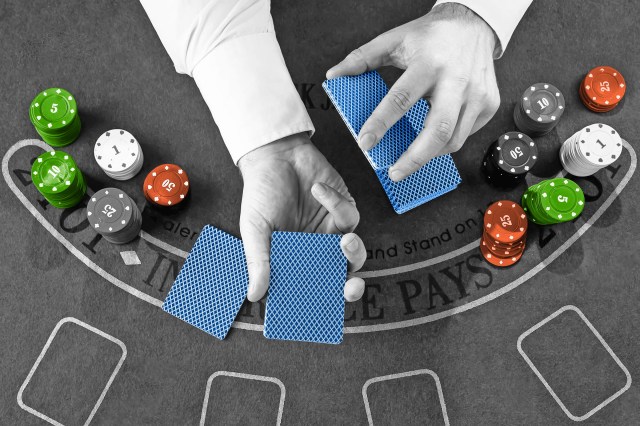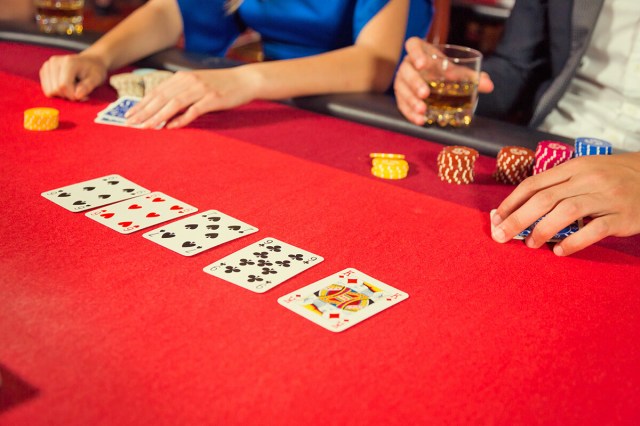
No Clocks or Windows
Casinos are designed to cut gamblers off from the outside world and keep them betting as long as possible. The more that people lose track of time, the more likely they are to stay at the slot machine and repeatedly pull that lever. One way this is accomplished is through the absence of any clocks or windows inside the casino — an intentional design choice to obscure the passage of time. Casinos want their visitors to focus on the game rather than worrying about when it’s time to leave. If there are any windows near the entrance, they’re usually heavily tinted to make it more difficult for customers to tell what time of day it is.
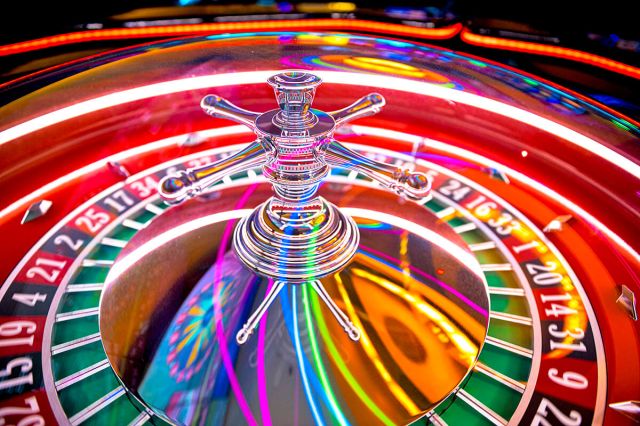
Lights and Sounds
In addition to cutting people off from the outside world, casinos also want to establish a fun and frenetic environment. This is done by overloading people’s senses with bright lights and loud noises to create a party-like atmosphere. The flashing lights and blaring alarms serve as a constant reminder of just how exciting it is to win big, which hypes visitors up and makes them eager to gamble. Even if someone has lost big, these sounds may deceive them into thinking good luck is right around the corner. One 2018 study even found that sensory stimulation can prompt people to make riskier decisions, which is exactly what casinos want.

Free Drinks
Lots of casinos offer free tableside and slotside drink service as long as customers keep betting. But while free alcohol may seem like a hospitable gesture, it’s all part of a larger scheme to keep customers feeling happy — and lower people’s inhibitions to make them more likely to place risky bets.
More Interesting Reads
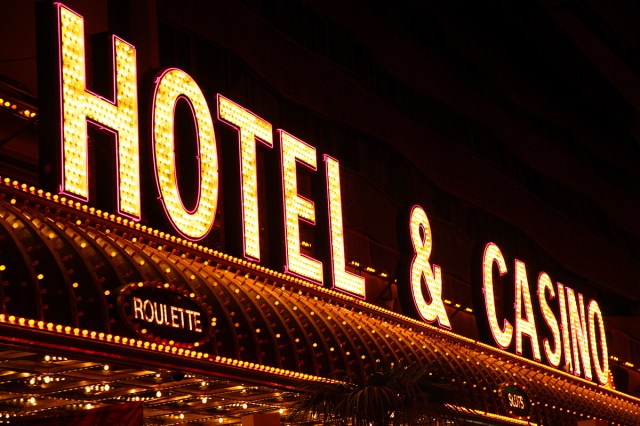
Complimentary Rooms
Comping a stay at a casino seems like a generous gesture on the surface, as it can save visitors hundreds of dollars on a hotel room. But it’s also a tactic casinos use to build trust and get people to come back. Casinos want to ensure as many repeat customers as possible — especially if those repeat customers happen to be unlucky gamblers. By offering up a free stay in a hotel room that would normally cost $200, the casino may be losing out on some cash up front. But they’re also building rapport with visitors in the hopes they’ll return and gamble away an amount that far exceeds the cost of that hotel room.
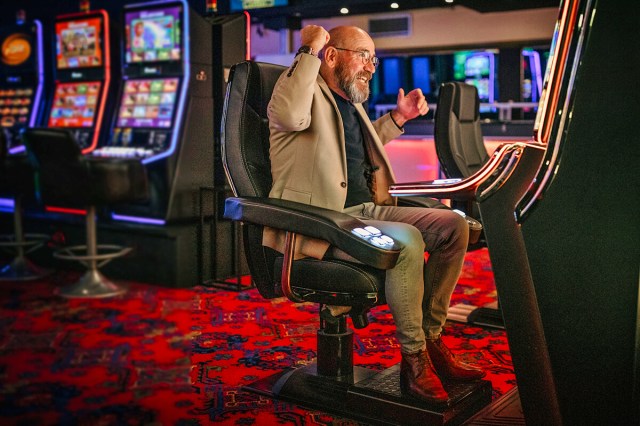
Cold Temperatures
Casinos keep their internal temperature low year-round; the MGM Grand in Las Vegas, for instance, keeps its thermostat set to around 65°F. The cold air keeps the environment feeling fresh as opposed to muggy and uncomfortable. Nobody wants to spend time in a casino feeling sticky or drenched in sweat, and they will likely walk right out the door if it’s too hot. But the colder temps work to keep people awake, active, and gambling, especially when they get sleepy or after they’ve been drinking. This tactic is particularly effective in the summer months when unlikely gamblers may wander inside to beat the heat.
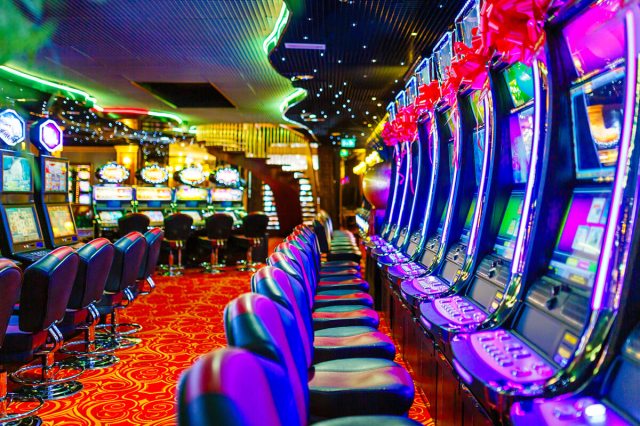
Maze-Like Designs
When customers first walk into a casino, they may quickly find themselves turned around and losing track of where the exit is. This is all by design, as many casinos feature an almost labyrinthine layout. The quicker someone loses track of the exit, the more likely they’ll be to stick around and see what the casino has to offer. It has the psychological effect of trapping people in, even though they’re completely free to leave.
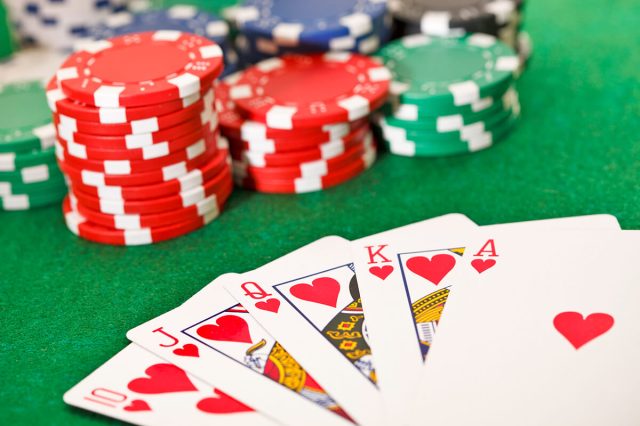
Chips Instead of Money
Casinos use chips instead of real money in an effort to make customers forget just how much cash is actually at stake. While the value is written right there on the chip, it’s written in a font that’s intentionally small and harder to conceive of than if you were handling a $100 bill. Chips also essentially act as tokens that make everything feel more gamified, thus establishing a more carefree, lower-stakes atmosphere. This concept also applies to slot machines where money is digitized and your winnings are printed out on a voucher. The less physical cash someone deals with at the casino, the more likely they are to lose lots of money without truly realizing it.

A False Sense of Control
The more someone thinks they can control the result of a game, the more likely they are to keep gambling. This plays out in table games such as craps, which is an interactive experience where the player is actually throwing the dice. This helps delude the person into thinking they can affect the result, but in reality, the odds are still always in the casino’s favor. The false sense of control also applies to digital games such as video poker, where people make selections that seemingly control the outcome. But no matter what the customer chooses, they’ll still end up losing more often than not, based on the inherent design of the games. As the expression goes, the house always wins.

